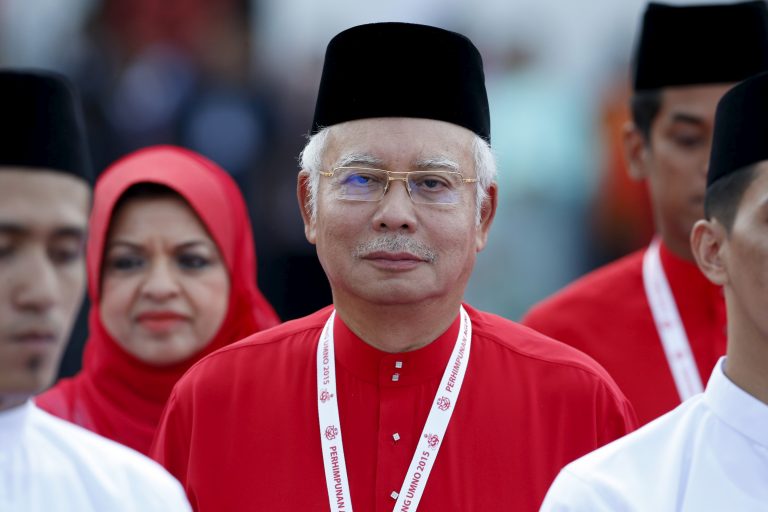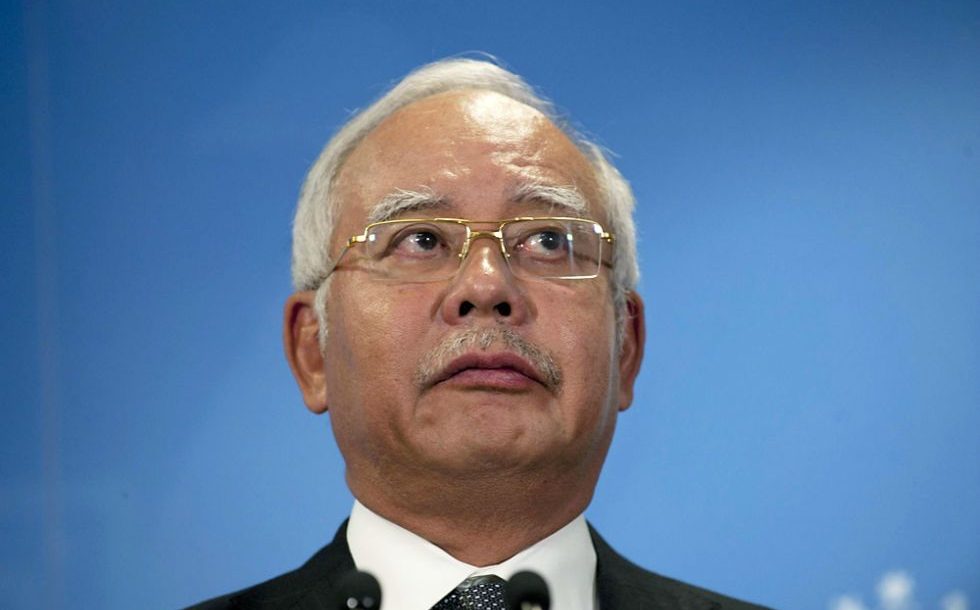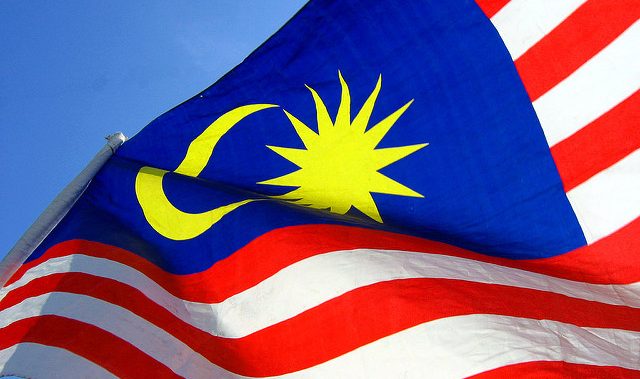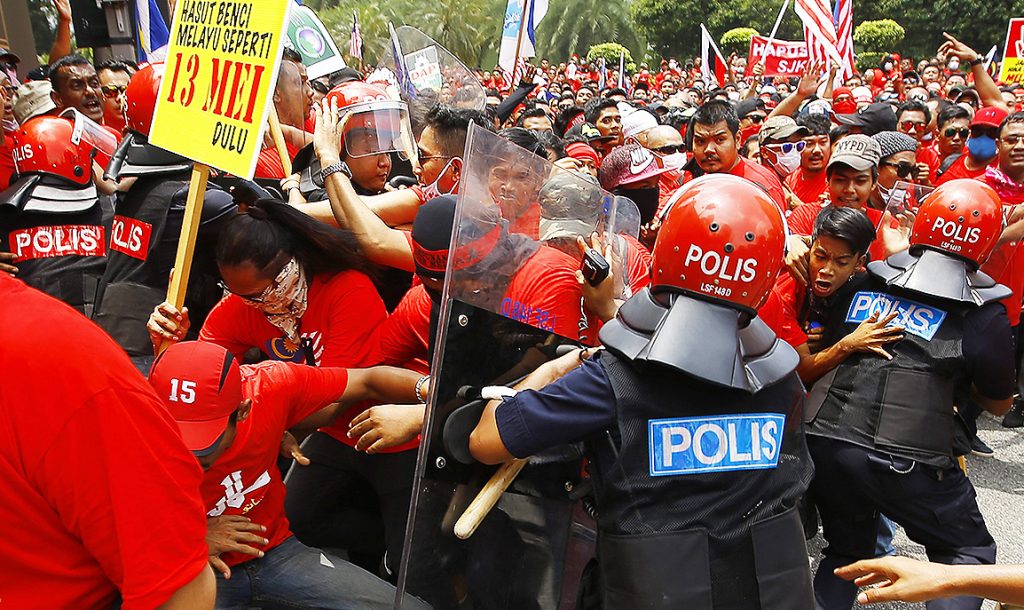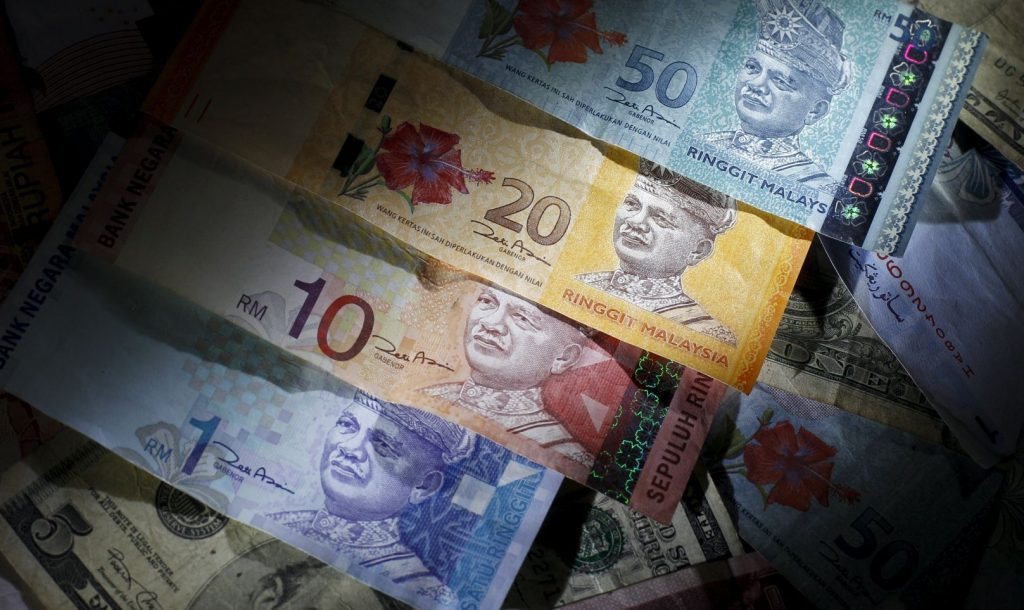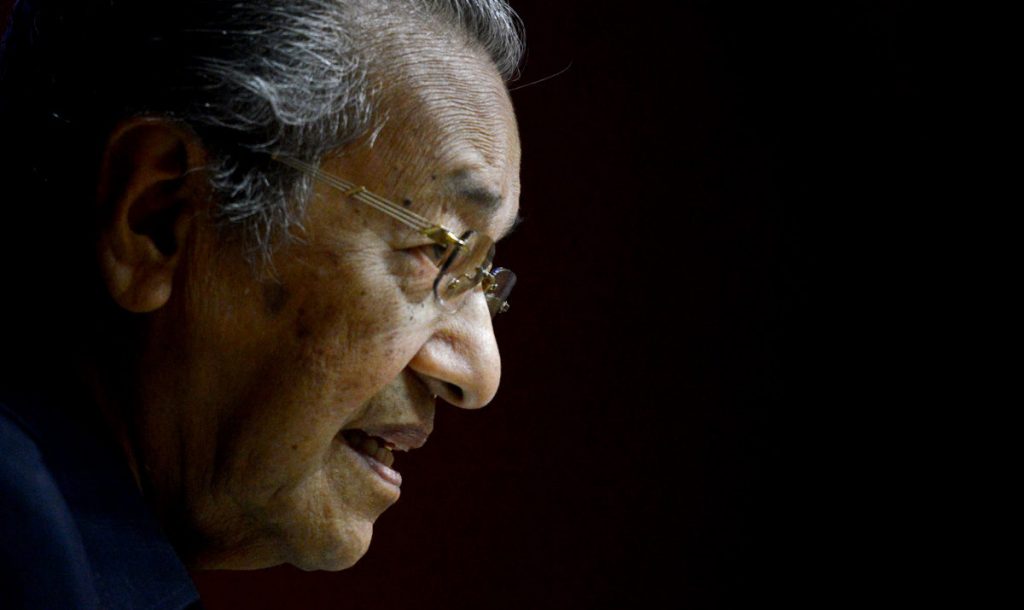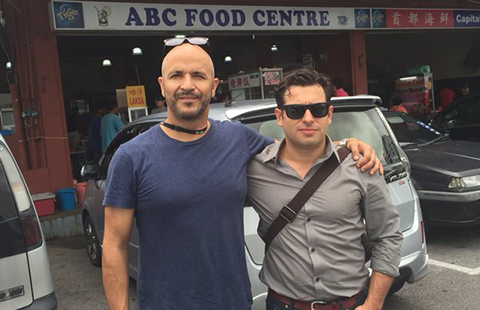Malaysian Prime Minister Najib Razak. Imaged selected by East Asia Forum.
Today, I published a summary in East Asia Forum of the domestic politics surrounding Malaysian Prime Minister Najib Razak at the end of 2016.
Najib might seem to have sealed up every institution he can access to ensure he cannot be toppled, but he still needs to ensure that his Barisan Nasional government can outmanoeuvre the opposition alliance with former Prime Minister Mahathir Mohamad at its helm.
This is because it is no longer enough for successive Barisan governments to simply win electoral contests that are designed to deliver victory to them in any case, they also need to ensure they rule with a modicum of legitimacy.
The full text of the article is below.
Najib fights to retain control after 1MDB scandal
Author: Amrita Malhi, ANU As 2016 draws to a close, Najib Razak remains Malaysia’s prime minister. This is despite two years of scandal, scrutiny and speculation over funds missing from state development fund 1Malaysia Development Berhad (1MDB), including US$800 million that is believed to have passed through his personal bank accounts.
Najib quickly shut down Malaysian investigations into 1MDB in 2015. Yet external agencies and media sources have since tracked what they believe is an international chain of transactions enabling billions to allegedly be siphoned out of the fund, through foreign banks, funds, shell companies and the prime minister’s personal contacts.
